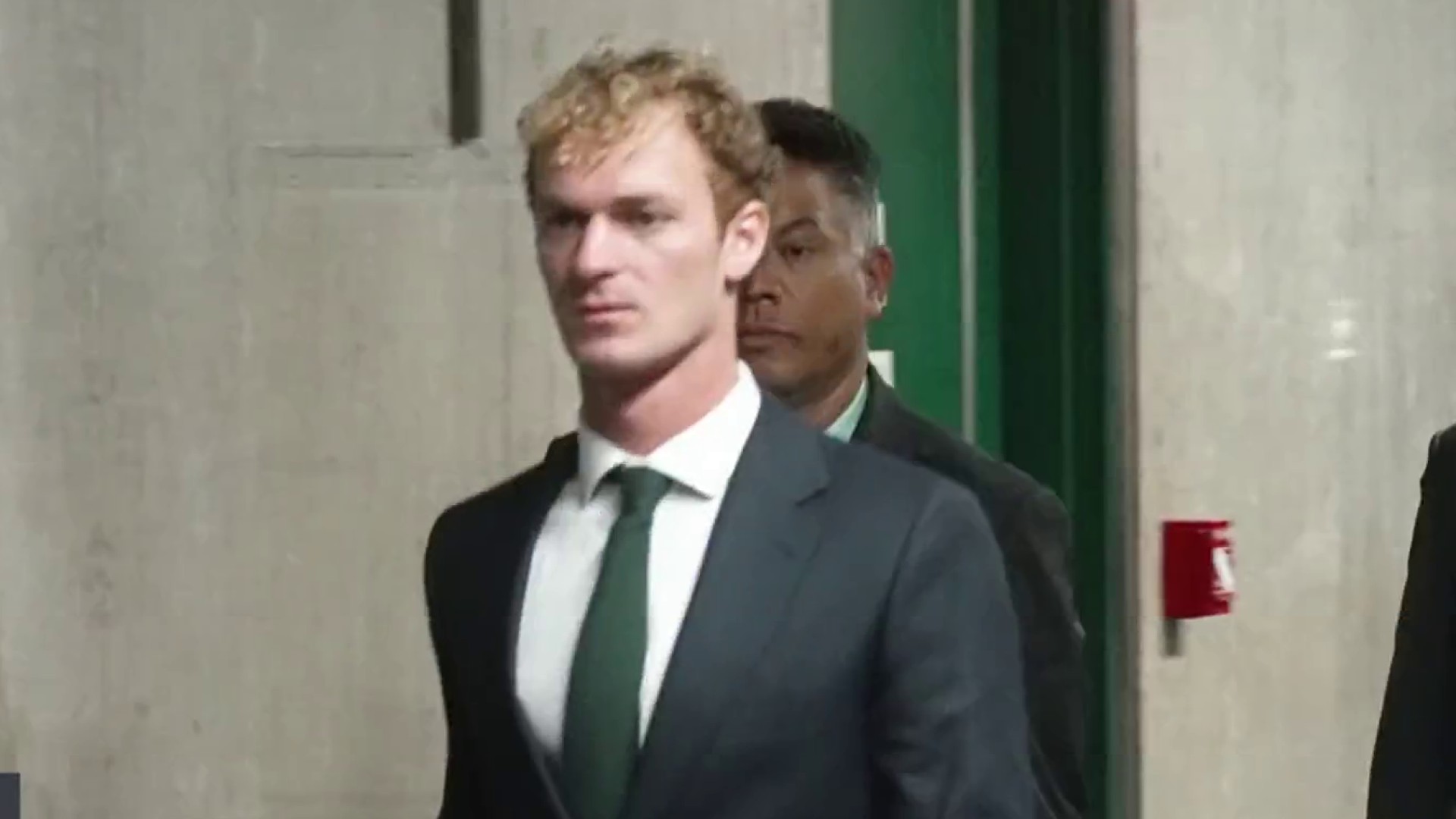A New Jersey city mayor is sounding the alarm after a nursing home in the community has had nearly two dozen residents die in two and a half weeks, he says.
Elizabeth Mayor Chris Bollwage told NBC New York that 22 individuals at the Elizabeth Nursing and Rehabilitation Center have died dating back to March 21. Ten of those residents had confirmed cases of COVID-19, while the other 12 were never tested or were awaiting results when they died.
The deceased individuals represent more than 20 percent of patients at the Grove Street center, which has 102 beds in total, the mayor said. There are still 58 residents at the facility — 12 of whom have tested positive for coronavirus, according to Bollwage. Eight members of the staff have also contracted the virus, including the director of nursing and a physician who have both been hospitalized, and four others are awaiting test results.
Emails obtained by News 4 show that the first group of individuals from the nursing home was brought to Trinitas Regional Medical Center on the weekend of March 21-22. Of those initial seven, one died and another was in critical.
At that time, Elizabeth's Health Officer Mark Colicchio reached out to the state's Department of Health to report a possible outbreak at the facility, email records show. In response, the department requested information regarding the patients, a list of nursing home residents and staff with respiratory symptoms, and instructions regarding how to handle coronavirus (like using proper equipment and isolating possibly infected patients, canceling communal activities, screening staff and thoroughly cleaning the facility).
Colicchio also instructed the facility not to accept any new patients. Four days later, the nursing center sent the city and state Health Departments a "respiratory listing" of patients (no staff were said to have yet called out sick with symptoms). Soon after, Colicchio told the DOH that five center residents had died, the obtained emails show, with one previously having tested positive for COVID-19. Colicchio asked the department if there was a "plan of action is for this facility," calling it a "very serious matter that needs to be addressed immediately."
Local
The DOH acknowledged there was an exposure at the nursing home and said it wanted to "give the facility two weeks to see whether or not their infection control measures have been working," according to the Elizabeth health director.
Colicchio said that decision to wait put the lives of nursing home residents, staff and first responders in jeopardy — not to mention the patients and staff at the hospital who had flagged the uptick. In just three days, the number of residents that had been hospitalized nearly tripled to 13, and eight had died. By April 1, 12 residents had died in the hospital (four who tested positive, with results still coming for seven of them) and 11 were still being treated (nine who tested positive).
By this time, Colicchio was growing frustrated with both the nursing home and the DOH regarding the lack of reporting or action being taken to address the rapidly spreading disease.
"There were times this facility couldn't even give me a proper update on their residents who were in the hospitals to I feel is totally disgraceful. Please explain why I know more about what happens to their patient than they do?," Colicchio asked in an email to the department.
"This is getting more serious by the way and for each day no action is taken by the NJDOH more people's lives are in danger. This is an urgent matter," he ended another email.
As of April 8, 22 of the nursing center's residents had died either at the hospital or at the facility itself. Colicchio said in one of the emails that the infection control measures were not working as more and more residents were being taken to the hospital, and on average one person per day was dying.
"This is serious and your agency really needs to do something about it immediately," the health officer said in a reply to a DOH email requesting more information. "I can’t stress enough how emergent this situation is and every moment that passes residents, staff and first responders are in danger."
Mayor Bollwage said Trinitas Medical Center “kept calling us to ask what’s going on with this nursing home,” and that neither he nor Colicchio have been able to get in contact with the center in recent days. The nursing home did not immediately respond to a request for comment from NBC New York.
One woman said that her 85-year-old father died after contracting the virus at the facility — but she was never even told he was sick. Denise Parillo says the nursing home never notified her, instead she got a call from the hospital saying he had been admitted a week after developing symptoms.
"I'm devastated because no one called me to tell me anything about my dad," Parillo said. "If I had known he'd fallen ill, I would've driven there, by the window, tell him I love him."
Bollwage said he is asking the state's attorney general to launch an investigation into the 22 deaths since March, and said that Parillo is not the only family to complain about not being notified.
The state Department of Health said in a statement that "long-term care facilities continue to be severely impacted. 188 of our long-term care facilities in the state have at least 1 COVID-19 case. The Department of Health is working on a statewide plan to assist nursing homes experiencing large outbreaks and also shortages of staff and equipment."
That plan involves identifying which patients do and don't have the virus, and moving them around accordingly, according to the statement.
Positive coronavirus cases have reached over half of all of New Jersey’s nursing homes, accounting for 10 percent of the state's total fatalities from the virus, officials said.



